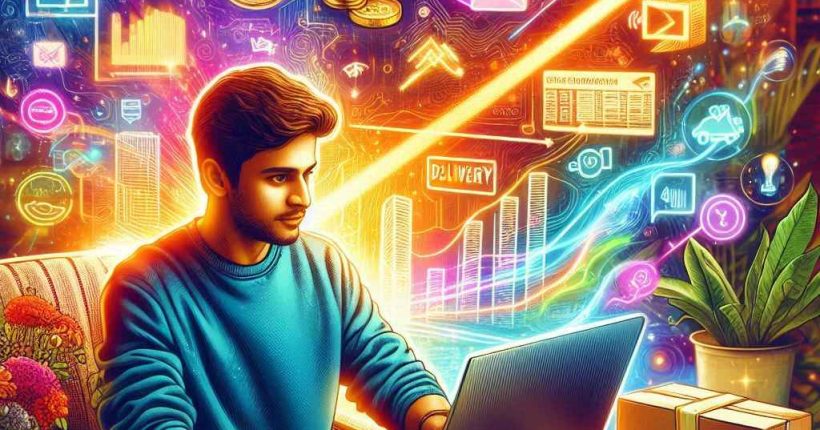

Advocate Md. Sharif Hossain is a skilled and dedicated lawyer specializing in criminal and civil cases. Born in Ramganj, Lakshmipur district, he currently practices law at the Lakshmipur District and Sessions Judge Court. With more than five years of professional experience, expertise, and relentless effort, he has established himself as one of the most prominent and successful lawyers in Ramganj.
Educational Background and Professional Expertise
Advocate Md. Sharif Hossain began his professional journey with deep knowledge of the law and practical experience. He earned his law degree from one of the country’s top universities and quickly established himself as a competent lawyer.
Areas of Expertise:
- Criminal Case Handling
- Civil Case Litigation
- Legal Consultation
- Document Verification and Registration
- Contract and Commercial Law Solutions
Legal Services Provided
Advocate Md. Sharif Hossain offers the following legal services:
Criminal Cases
- Bail Applications
- Appeal Cases
- Challenging Police Reports
- CR Cases
- ACR Cases
Civil Cases
- Property Disputes
- Document Verification and Execution
- Inheritance Cases
- Ownership Disputes
Family Law
- Divorce
- Dower (Denmohor)
- Child Custody and Maintenance
Land Law
- Mutation
- Land Clearance
- Document Registration
- Land Dispute Resolution
Contract and Commercial Law
- Business Contracts
- Debt Recovery
- Cheque Dishonor Cases
Why Choose Advocate Md. Sharif Hossain?
For those seeking a skilled lawyer, Advocate Md. Sharif Hossain is an excellent choice. His key attributes include:
| Feature | Description |
|---|---|
| Experience | More than five years of real-world experience |
| Integrity & Ethics | Committed to justice and fairness |
| Client-Centric Approach | Personalized attention to every case |
| Simplified Legal Advice | Makes legal matters easier for clients |
Role in Legal Awareness
Many people in Bangladesh, especially those with limited education, remain unaware of legal matters. Advocate Md. Sharif Hossain provides legal advice in simple language to help people make informed decisions. He regularly shares legal insights on social media and contributes to increasing legal awareness at the local level.
Future Plans
To make legal services more accessible, Advocate Md. Sharif Hossain aims to:
- Provide legal consultations through online platforms
- Organize workshops and seminars to enhance legal awareness
- Offer free legal aid for low-income individuals
Contact Information
If you need legal advice or assistance, you can directly contact Advocate Md. Sharif Hossain:
- Facebook ID: Adv Md. Sharif Hossain
- Phone Number: +8801827-888428
- Email: adv.sharifhossain@email.com
- Office Address: Lakshmipur District and Sessions Judge Court
- Besides the Land Registry office Ramgonj
Advocate Md. Sharif Hossain is dedicated to ensuring justice. His expertise, experience, and humanitarian approach have made him a successful lawyer. Feel free to contact him for any legal assistance.
Tags:
You May Also Like
-
Mar 23, 2025
-
Mar 21, 2025
-
Mar 21, 2025
-
Mar 20, 2025
Sign up to receive our latest updates
Get in touch
Call us directly?
Address
- © 2025 Fahim's School. All rights reserved.





